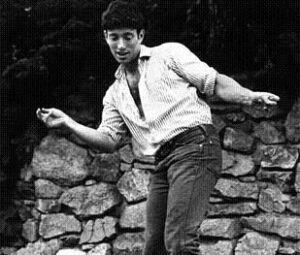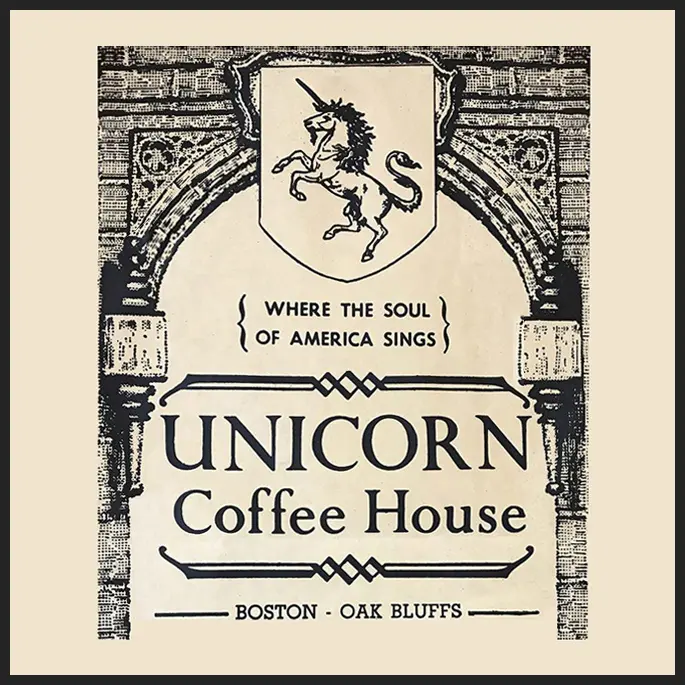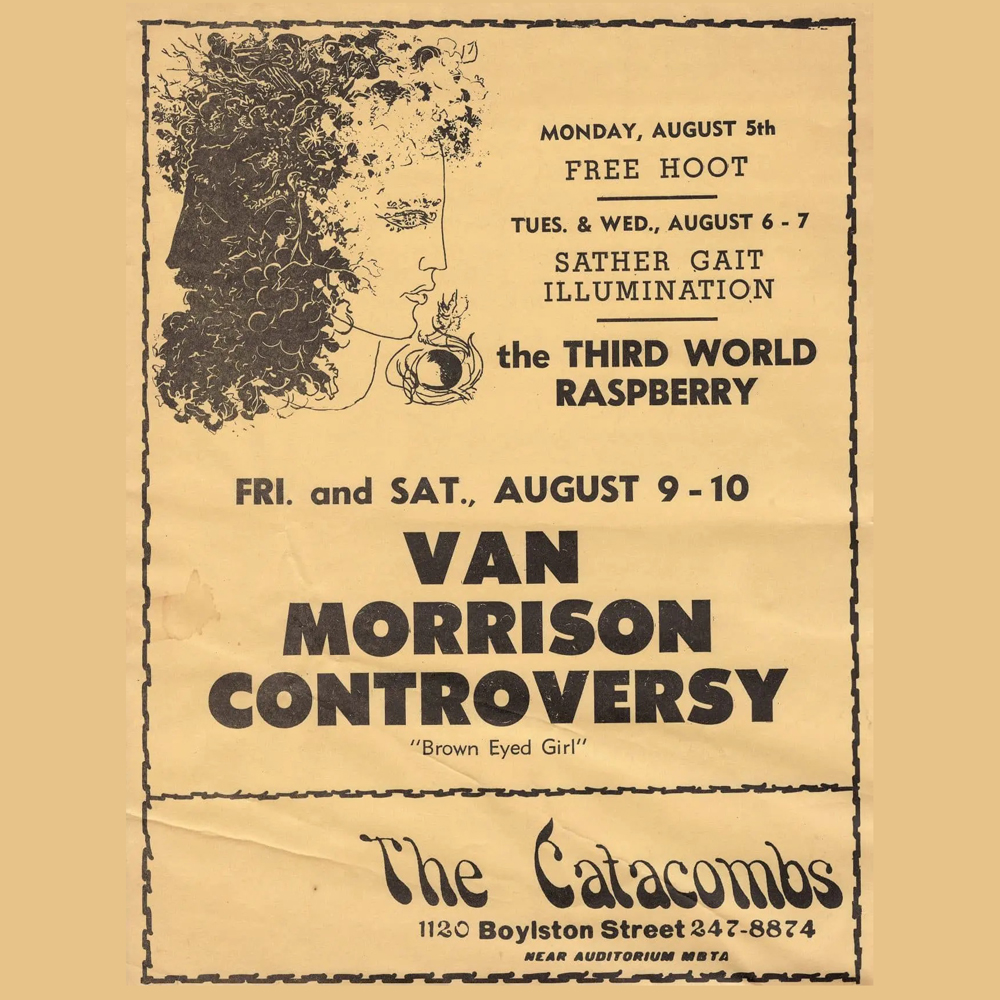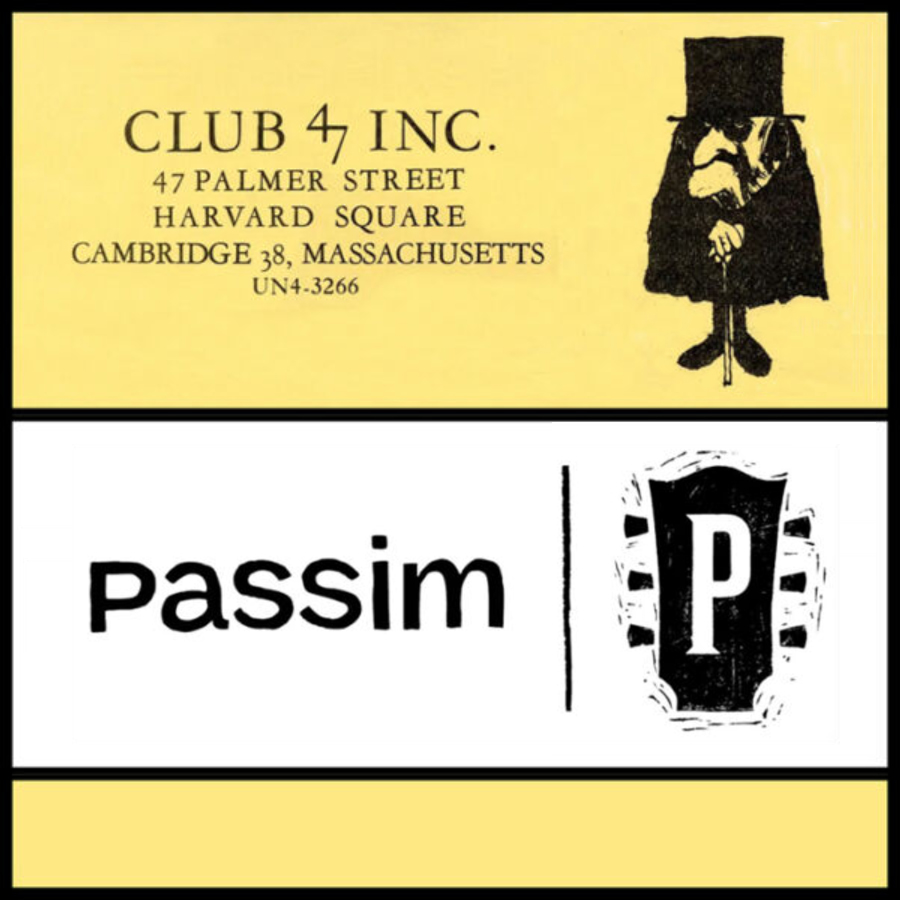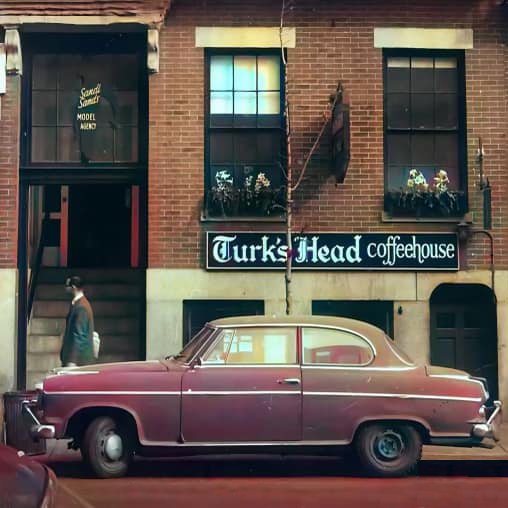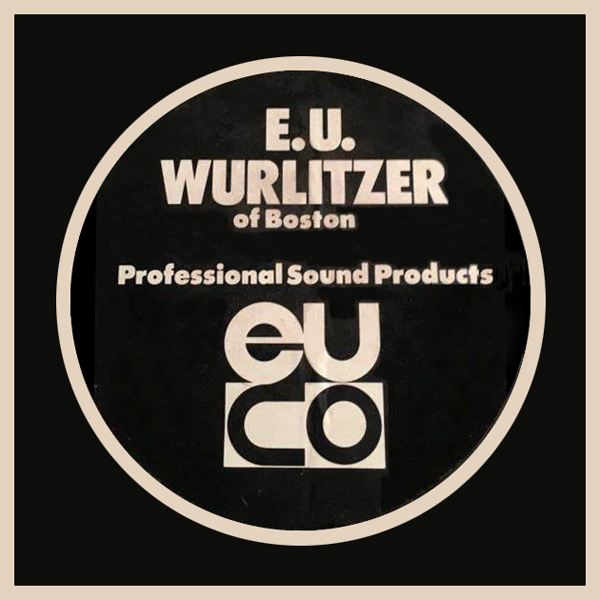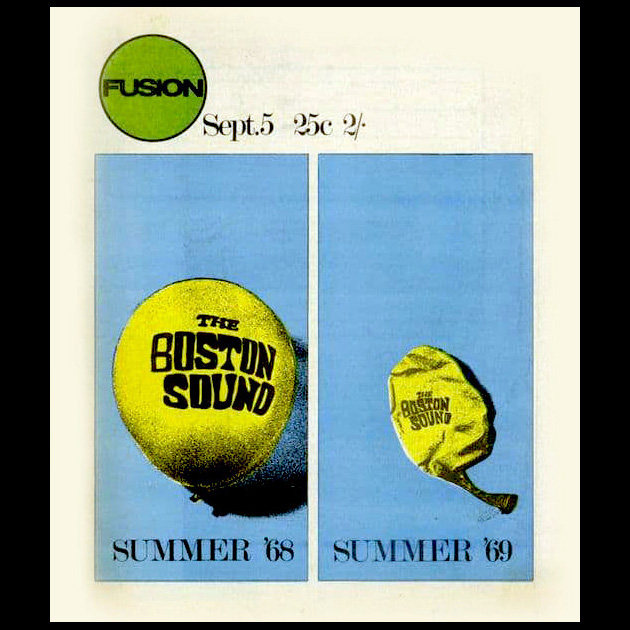Jonathan Richman’s Open Mic Nights

I don’t remember exactly when a teenage Jonathan Richman started showing up at the local Boston hoots (today’s “open-mic nights”) but it must have been in the late ’60s. He’d show up at places like the Unicorn Coffee House, The Catacombs, The Loft and maybe even Club 47. He “played” an out-of-tune, economy 12-string, had a coarse, off-key singing voice, sang very odd, simplistic songs that were odes to the American pop culture of the day and demonstrated a particularly untamed exuberance that was singular in its intensity. I recall he had a peculiar fascination with Howard Johnson’s, the new suburbia and its related commercialism. On stage, he extolled these virtues in a style that, in this early stage of his development, can be charitably described as “unpolished.”
Actually, though, his passion was years ahead of his talent, which made him very ingratiating as a performer (if one was willing to stick around for the cacophony). That said, he had the dubious ability to empty a room and other musicians didn’t want to follow his set because of that. He’d whang on his 12-string like it was the enemy, letting loose on his bewildered listeners with a full frontal attack of ranting lyrics and invisible melodies accompanied by his total isolation and poor-to-non-existent phrasing and mic technique. He became the object of many a catcall, and walkouts were common during his time on stage. Club owners routinely placed him last on the list of performers, but he stayed and played anyway. The kid had balls! When he’d come into E.U. Wurlitzer and hang out, he was soft-spoken, obviously intelligent and totally consumed with the same intensity he showed while on stage. He worshiped Ho Jo’s, Andy Warhol and Andy’s outlook on culture, it seemed, and it wasn’t surprising that he later made his fateful pilgrimage to New York City.
Fellow Wurlitzer staffer Bob Cavanagh and I had a conversation about Jonathan once and we concluded that his relentless pursuit of his art, his slow-but-inevitable maturation as a musician and songwriter and his unbelievably thick skin would hold him in good stead in his quest for his unique place in pop music. His later success didn’t surprise us at all because perseverance early on helped him become a true American “piece of work,” in the best sense of the phrase.
(by Ted Scourtis)
Musician and writer Ted Scourtis worked at E.U. Wurlitzer from 1967 through 1970 and was co-editor of Fusion magazine. He passed away in March 2013 at age 68.

